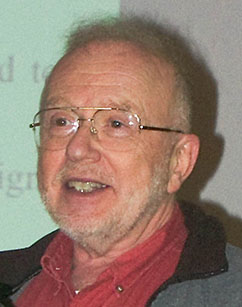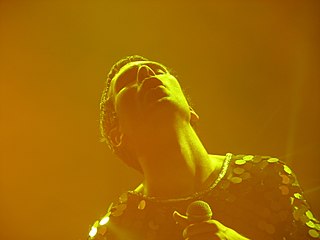A Quote by Bill Gates
Another trick in software is to avoid rewriting the software by using a piece that's already been written, so called component approach which the latest term for this in the most advanced form is what's called Object Oriented Programming.
Related Quotes
[Eric]Goldman [a professor at Santa Clara University School of Law] says back in the 1990s, courts began to confront the question of whether software code is a form of speech. Goldman says the answer to that question came in a case called Bernstein v. U.S. Department of Justice. Student Daniel Bernstein who created an encryption software called Snuffle. He wanted to put it on the Internet. The government tried to prevent him, using a law meant to stop the export of firearms and munitions. Goldman says the student argued his code was a form of speech.
With software products, it is usual to find that the software has major `bugs' and does not work reliably for some users... The lay public, familiar with only a few incidents of software failure, may regard them as exceptions caused by exceptionally inept programmers. Those of us who are software professionals know better; the most competent programmers in the world cannot avoid such problems.
I'm not of the opinion that all software will be open source software. There is certain software that fits a niche that is only useful to a particular company or person: for example, the software immediately behind a web site's user interface. But the vast majority of software is actually pretty generic.
I named my software 'EMAIL,' (a term never used before in the English language), and I even received the first U.S. Copyright for that software, officially recognizing me as The Inventor of Email, at a time when Copyright was the only way to recognize software inventions, since the U.S. Supreme Court was not recognizing software patents.
The required techniques of effective reasoning are pretty formal, but as long as programming is done by people that don't master them, the software crisis will remain with us and will be considered an incurable disease. And you know what incurable diseases do: they invite the quacks and charlatans in, who in this case take the form of Software Engineering gurus.


































